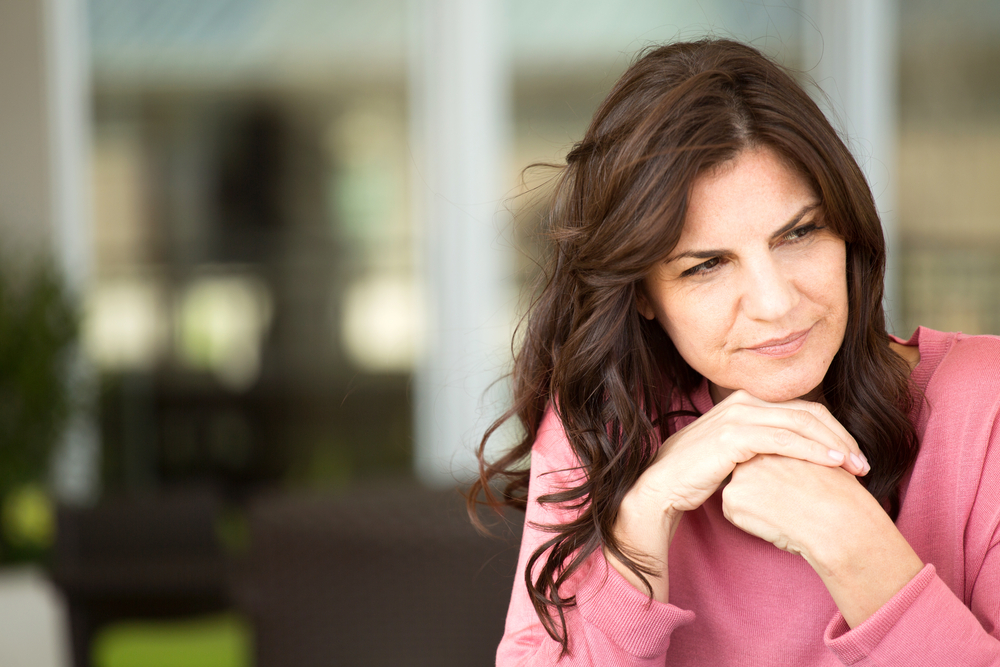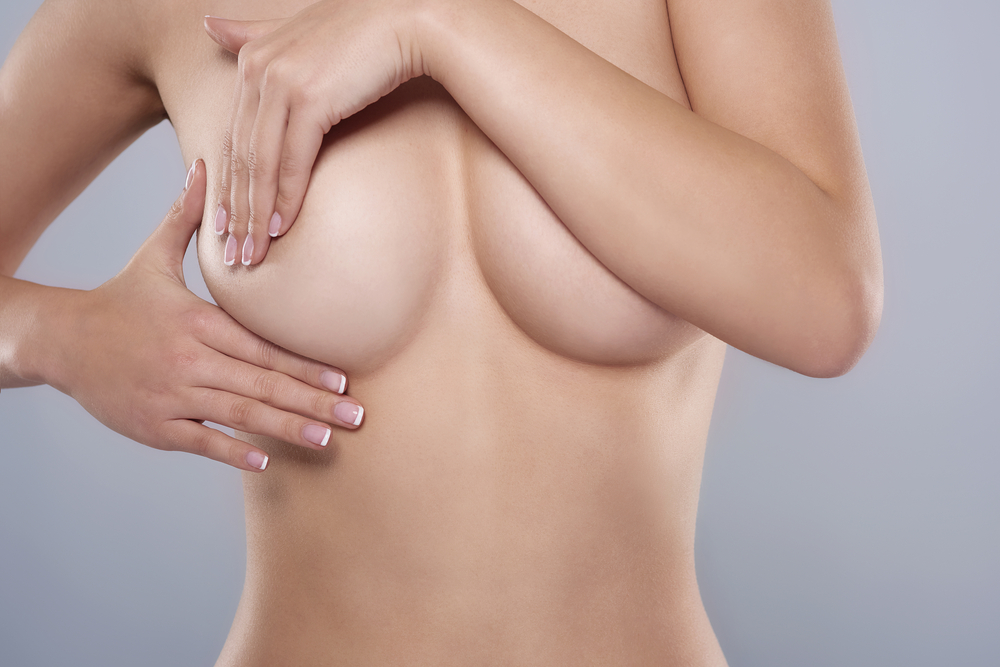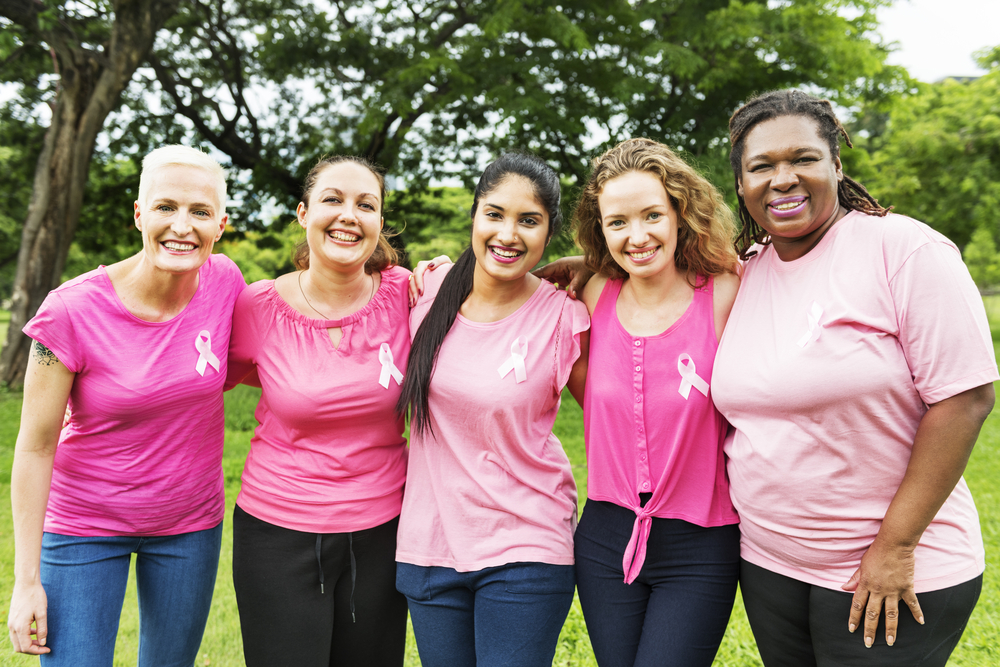Having breast cancer can shake you to your core, and when treatment is finished, you may still often feel like you aren’t on solid ground. Maybe you’re looking for answers on how to be proactive in preventing the cancer from returning, or to help you feel more secure about moving forward.
These are difficult questions, and there are no easy answers, because there are so many levels at play. In my practice, I’ve found that the best course of action is to provide you with plenty of information. You can delve into research as much – or as little – as you see fit.
Some women need a little push, others get a bit obsessed, but most find a good balance over the long haul. I have learned a lot from these women, and will try to share it so you can find what works for you.
When a woman asks me how she can keep the cancer from coming back, I usually ask a few questions of my own:
- Can you see any meaning in this diagnosis for you?
- What would you change about your life?
- What about this diagnosis was a wake-up call?
- If this were the last year of your life what would you do differently?
I want you to understand that in asking these questions, I am not placing any kind of blame. I’m not saying a woman did anything to cause her cancer. But looking at the complete picture is important, and there’s always room to make some changes in your lifestyle.
Though it’s difficult to hear, and understand, many women have told me years after a diagnosis that getting breast cancer was “good” or “the best thing” that could have happened, simply because of the changes it prompted in the way they were living their lives.
What kind of changes am I talking about? Anything and everything! Many women choose to make changes to their work environment; others find that their relationships with friends or family need a little work. Some address issues they may have ignored for years, finding a support group or therapist to help. Others tackle these issues on their own through meditation, art or writing. It can be a time of great experimentation around new choices, but many women settle into one or two which resonate for them.
Another area that many women focus on after a diagnosis is nutrition; most women know their eating habits haven’t been as good as they could be, and want to know how to eat for optimal health.
Because we are all unique individuals, I haven’t found one eating plan that works for everyone. I have, however, discovered that there are some elements within many nutrition plans that are consistent, that I think everyone (with cancer or not) could benefit from. To keep it simple, I’ll share these in quick bullet points:
- Decrease portion size.
- Eliminate the “whites” — white sugar, white bread and rice. Substitute honey, maple syrup, “date sugar” or Stevia.
- Avoid hydrogenated fats with trans-fatty acids (read labels) and most processed foods — i.e., donuts, bakery sweets. Use butter in moderation; olive oil is best.
- Use alcohol and caffeine in moderation — tea is a better option.
- Choose organic fruits, vegetables, chicken, red meats, and fish whenever possible. Be sure to wash your fruits and vegetable thoroughly, organic or not.
- Take a good multivitamin without iron and with lots of folic acid, and add an extra omega 3 fatty acid (fish oil) supplement.
- Add flax in ground seed form or oil , which increases fiber; other fiber sources are also essential.
If you want more details about the healthiest ways to eat, I suggest checking out the website of Diana Dyer, a nutritionist who has had breast cancer 3 times, at www.dianadyermsrd.com., Anne Fonda’s website, www.annieappleseedproject.org, is another great resource. Anne had breast cancer over 10 years ago and has compiled a wealth of personal and scientific information on complementary and alternative treatments, including nutritional treatments. I also suggest www.drweil.com for diet, recipes and supplement ideas.
I have found that some women do well adhering to the Eat Right for Your Blood Type diet, which is outlined at www.dadamo.com. This is particularly useful for women women with Blood Type A. Other books I recommend include:
- The Breast Cancer Prevention and Recovery Diet, by Suzannah Oliver
- What to Eat if You Have Cancer, by Maureen Keane and Daniella Chace
- Beating Cancer with Nutrition, by Patrick Quillin
Supplementation is another natural treatment that is said to have an impact on cancer. While I haven’t found one that cures everyone (wouldn’t that be an amazing feat!), there are many I think are perfectly safe and worthwhile to take which can be found at reasonable prices. A short list would include:
- Folic acid
- Artemesia modified citrus pectin
- Gravizon
- Quercitin
- Turmeric or curcumin (a spice)
- Lypocene (from tomatoes – once thought to be carcinogens because they looked like a tumor)
- Co-enzyme Q10
Before taking supplements, discuss your options with a health care professional to decide which are best for you. After all, taking a pill every hour isn’t healthy either.
Finally, in moving forward in their lives and finding ways to boost their health, women find benefit from doing something for themselves. So many of us have been giving and giving, taking care of others – family, friends, pets, charity – for so long we’ve forgotten how (or feel too guilty) to take care of ourselves. But much has been written on the benefits of “self-care.” Check out the website of Cheryl Richardson, the premiere lifestyle and life make-over coach at www.cherylrichardson.com. And if doing for others IS self-care for you, some women find great satisfaction in getting involved in the politics of breast cancer; it’s certainly a worthy cause. If this sounds interesting to you, check out the national breast cancer coalition’s website at www.breastcancerdeadline2020.org or www.bcaction.org.
There isn’t anything that can guarantee your cancer won’t come back, but that doesn’t mean you should live in fear. Most of the women women I see who do well after a breast cancer diagnosis have identified or uncovered a PASSION and pursued it. The key (if there is one; the locks probably change quite often) is to keep seeking out things that bring you joy, asking yourself the right questions, moving ahead and enjoying life.







